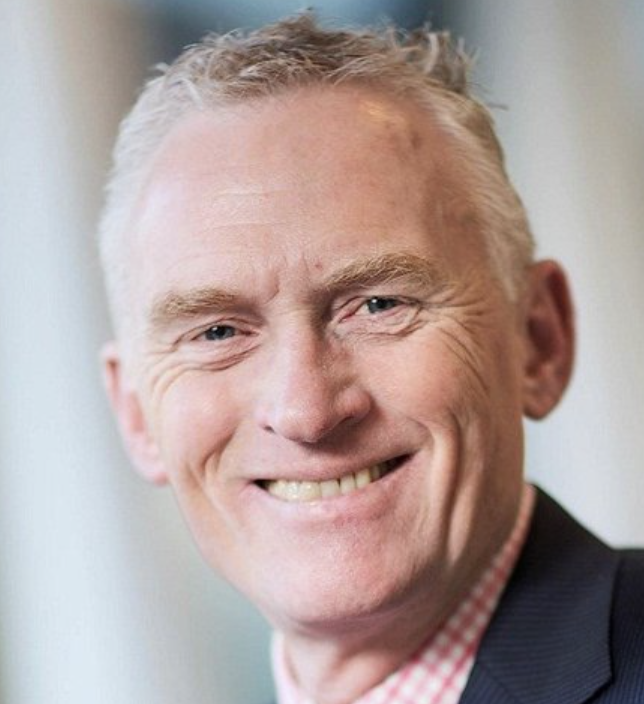Le monde ontslaat editor omdat ze meer wil inzetten op de succesvolle online strategie. Journalisten houden “online” tegen omdat ze dit “te min” vinden. Conservatisme wint van vooruitgang!
Financial Times 17th May 2014
On the day that the New York Times, venerable titan of the US press, sacked its editor, the same
thing happened in France at Le Monde, the country’s similarly liberal – and earnest – flagship
newspaper. There were similar suspicions of sexism in France over the forced resignation of Natalie
Nougayrède as those prompted by the ouster of Jill Abramson in New York.
But the problems confronting the French newspaper business are arguably deeper than those
facing its US counterpart – and some say emblematic of the country’s problems at large.
Ms Nougayrède was forced to quit when not just her staff but also the majority of her senior editors rebelled over plans to tilt resources
decisively towards Le Monde’s online operations away from the daily newspaper, famous for its dense coverage of world affairs and its
eccentric publication time of mid-afternoon.
Le Monde, founded at the end of Nazi occupation in 1944, has a growing online subscription business which its owners insist is
profitable and laying the foundations of a bright future. But it has yet to fully merge its newspaper and online staffs, most journalists
still work for the former and internally most prestige still attaches to the print product.
“You hear journalists who work on the print side say we have to put more resources into online. But then they say they can’t personally
accept to move – they see it as a downward step,” says an online staffer.
“It’s a reflection of the national culture,” remarked a senior journalist. “At Le Monde we’re experiencing the same problem as France as
a whole. There is a resistance to change and a deep conservatism even though we have great talent and skills.”
Le Monde has long had a singular culture. Until it was rescued from the brink of bankruptcy in 2010 by new owners, it operated like an
editorial co-operative, with journalists holding a blocking veto on management. Still today, the appointment of an editor requires a 60
per cent majority in a vote among editorial staff (Ms Nougayrède won 80 per cent when she took over a year ago).
But it is far from alone in its troubles. All the country’s big newspapers are suffering, propped up by rich owners and a system of state
subsidies that pumped some €400m into the nation’s newspapers and magazines last year. Le Monde was the second largest recipient,
bagging just over €16m.
The sector also took in €16m from Google to back online projects (Le Monde received €1.8m). This was the price paid by the US group
to avert a threat from President François Hollande to force it by law to share advertising revenue with the newspapers.
Without their proprietors, most would struggle to be viable. Le Monde is owned by Xavier Niel, the telecoms billionaire, Matthieu
Pigasse, head of Lazard Frères in France, and Pierre Bergé, business partner of the late Yves St Laurent. They have invested €110m
since they took over in 2010.
Libération, the leftwing daily controlled by businessmen Bruno Ledoux and Edouard de Rothschild, is in the throes of a similar
upheaval to Le Monde. Le Figaro, flagship of the centre right, is cushioned by the ownership of the Dassault family whose fortune is in
the eponymous aerospace company.
The business daily Les Echos was bought in 2007 from Pearson, owner of the Financial Times, by Bernard Arnault, head of luxury
group LVMH and France’s richest man. Aides say he has been sobered by the cost of supporting it.
A person close to Le Monde’s owners said they remain fully committed, despite the latest turmoil. They intend to press ahead with
restructuring, convinced that there is a profitable future in a combined print and online strategy.
Rather than withdraw, they are on the lookout for acquisitions. “There will be more and more consolidation,” the person said. “Maybe
they will buy Libération.” That would be another hard pill for reticent journalists to swallow.
